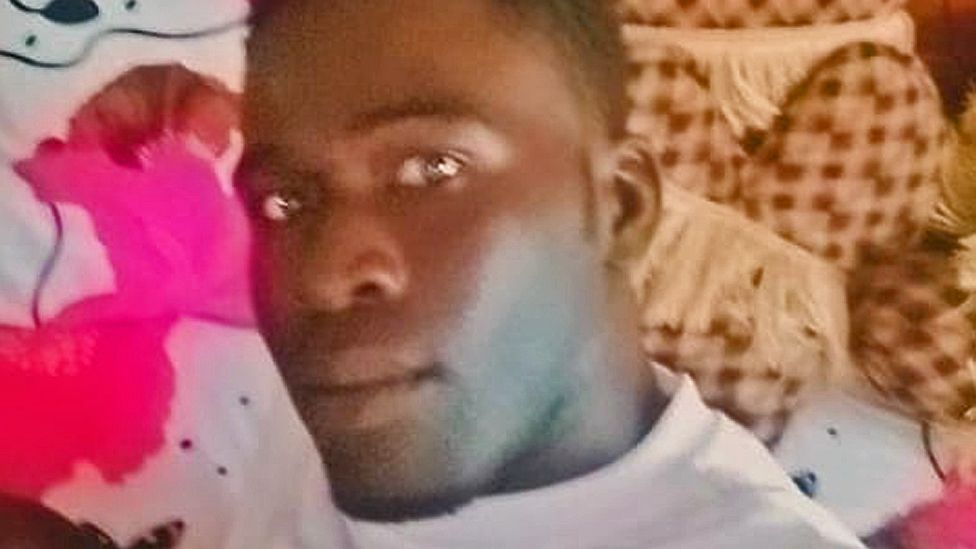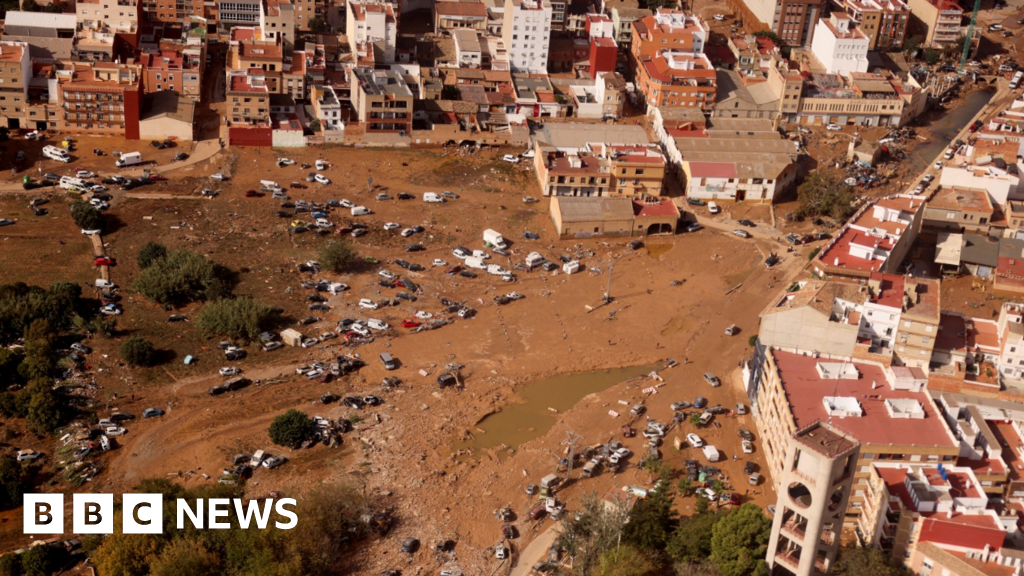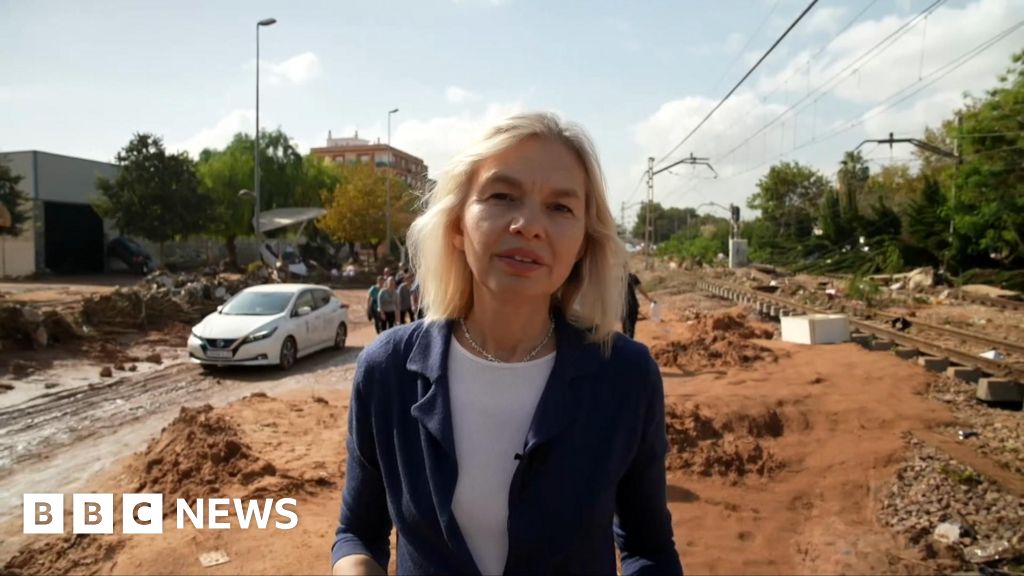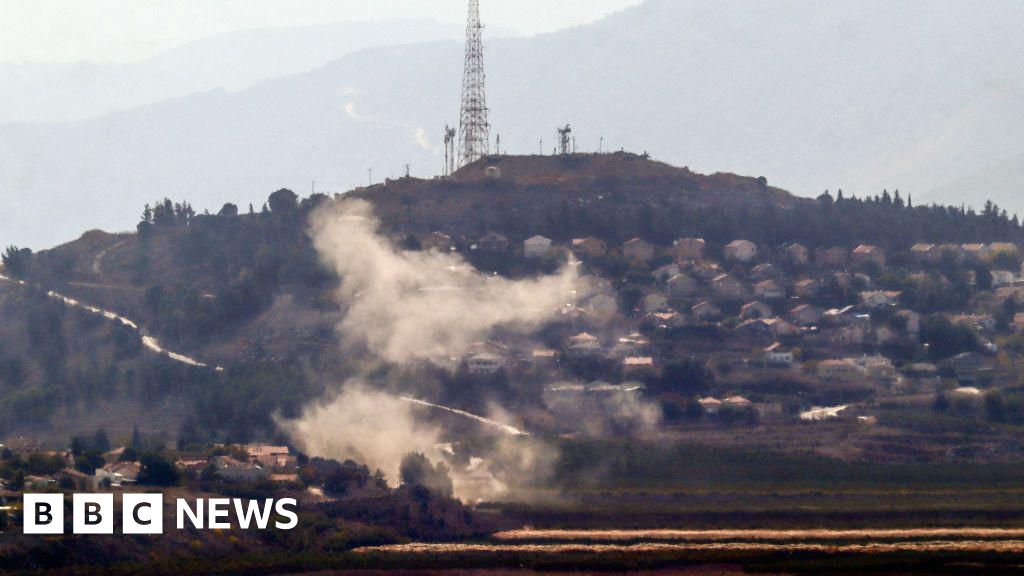ARTICLE AD BOX
 Image source, Mamour Ba
Image source, Mamour Ba
Cheikhouna Ba was determined to make the trip to help support his wife and two children
By Mayeni Jones
BBC West Africa correspondent
The brother of man who died after a boat carrying dozens of migrants was found off Cape Verde has told the BBC they were trying to reach Spain.
Almost all those on board the boat, which was at sea for over a month, are thought to have been from Senegal.
"Everyone is shocked. He was one of the pillars of our family," Mamour Ba said about his brother Cheikhouna.
But the 27-year-old said he would still attempt the trip himself as it was impossible to make a living in Senegal.
Mr Ba is a student from the small fishing town of Fass Boye, halfway along the coast between the capital, Dakar, and the historical town of St Louis.
Three of his brothers and one of his cousins were on the wooden pirogue style boat that set off for Europe on 10 July from Fass Boye with 101 people on board.
"They wanted to get to Spain. They said they wanted to leave and I couldn't tell them not to because they'd already made their minds up."
He thought they had all died, until he got a call from Cape Verde on Wednesday after their rescue.
They were among 38 people, including children, who were saved, with footage showing them being helped ashore, some on stretchers, on the island of Sal. More than 60 other people are feared to be lost at sea.
The archipelago sits around 600km (372 miles) off the coast of West Africa and on the migration route to the Canary Islands, a Spanish territory seen by many as a route to the EU.
Mr Ba says he still does not know the details of his relatives' five-week journey as they were too disorientated: "They didn't have the strength to explain what happened, they just said: 'We're alive'. They sounded very weak."
Image source, Luís Costa
Image caption,Senegalese migrants recovered in tents after disembarking, most suffering from dehydration
But as the conversation continued, he found out that not all of them had survived.
"One of my brothers, Ibrahima, used one of the doctor's phones to call me from Cape Verde.
"He told us our other brother Cheikhouna was lost at sea. I was shocked. We were very close, he was a real fighter. He was married with two kids.
"The day he left he held my hands and said, 'Brother I have to go.'
"He was my brother, he was my friend."
Image source, Luís Costa
Image caption,Thirty-eight people survived, and were carried off the boat on stretchers
After news of the tragedy spread in Fass Boye, where most of those on board the boat hailed from, anger erupted on Wednesday.
Some set fire to the house of the mayor, angered with the authorities about the lack of opportunities for young people.
This frustration is something Mr Ba is all too familiar with - he has tried at least twice to leave Senegal.
"There was nothing for me here... so I decided I needed to try to move to Europe via Morocco," he said, speaking of his first attempt during his third year at university.
Things did not work out though, and he was forced to return home after spending nine months there.
But he was determined to achieve his dream of moving to Europe - and tried again, this time just a few weeks ago, at the end of June, with Cheikhouna.
"This latest trip was Cheikhouna's second attempt at getting to Europe by boat. Three days after we came back, he had set off again," Mr Ba said.
"He was determined to leave because he had a family and there's nothing for us here in Senegal.
"We're fishermen, we work all day and we make no money. He just wanted to feed his family and have a better life."
Mr Ba knows it is risky to try to board another boat to Europe, but it comes down to finances.
"I don't have the money to take a plane. It's better to pay 300,000 CFA ($480, £375) or 400,000 CFA to go to Spain than to spend millions trying to get there by plane."
He says he is not scared of drowning.
"Others have done this journey and have drowned but it doesn't put me off. It's a risk I'm willing to take. Even if there was a boat ready to go today, I'd take it."
Are you or your family affected by the issues raised in this story? You can get in touch by emailing haveyoursay@bbc.co.uk.
Please include a contact number if you are willing to speak to a BBC journalist. You can also get in touch in the following ways:
If you are reading this page and can't see the form you will need to visit the mobile version of the BBC website to submit your question or comment or you can email us at HaveYourSay@bbc.co.uk. Please include your name, age and location with any submission.

 1 year ago
40
1 year ago
40








 English (US)
English (US)